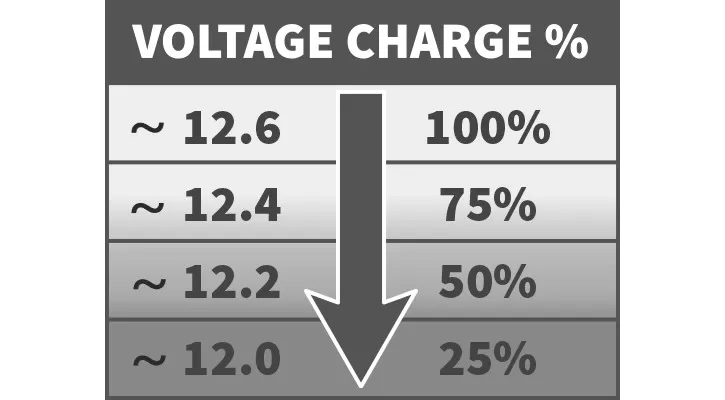The lead-acid battery is a type of rechargeable battery which was invented in 1859 by French physicist Gaston Planté. It was the first type of rechargeable battery ever created.
In Comparison with modern rechargeable batteries, lead-acid batteries have lower energy density, but the ability to supply high rate of current makes this kind of battery-efficient enough as starter. In addition, its low cost makes it customer friendly for use in vehicles to provide the high current required to start the motor.
The French scientist Nicolas Gautherot observed in 1801 that wires that had been used for electrolysis experiments would themselves provide a small amount of “secondary” current after the main battery had been disconnected. In 1859, Gaston Planté‘s lead-acid battery was the first battery that could be recharged by passing a reverse current through it.
Planté’s first model consisted of two lead sheets separated by rubber strips and rolled into a spiral.
His batteries were first used to power the lights in train carriages while stopped at a station. In 1881, Camille Alphonse Faure invented an improved version that consisted of a lead grid lattice, into which a lead oxide paste was pressed, forming a plate.
This design was easier to mass-produce. An early manufacturer (from 1886) of lead-acid batteries was Henri Tudor.
Gel electrolyte battery was first created in 1930s for being used in any position. In the 1970s, the valve-regulated lead-acid battery (VRLA) was developed to introduce absorbed glass mat (AGM) type.
Surprisingly, lead-acid car battery hasn’t been changed much since the first innovation. The recuperation of grids, new additives, also modified technology to produce thinner plates with more corrosion resistance, are what can be submitted as progression in a lead-acid battery.


